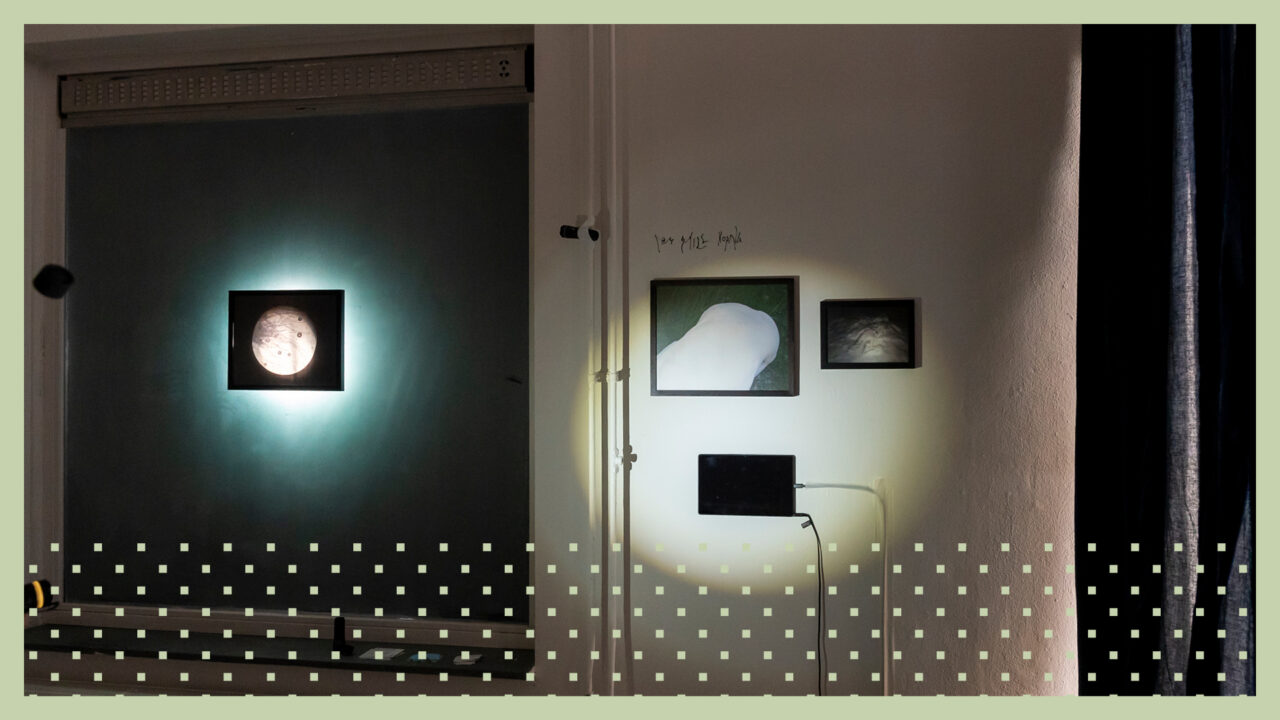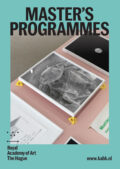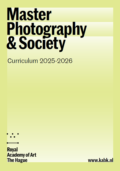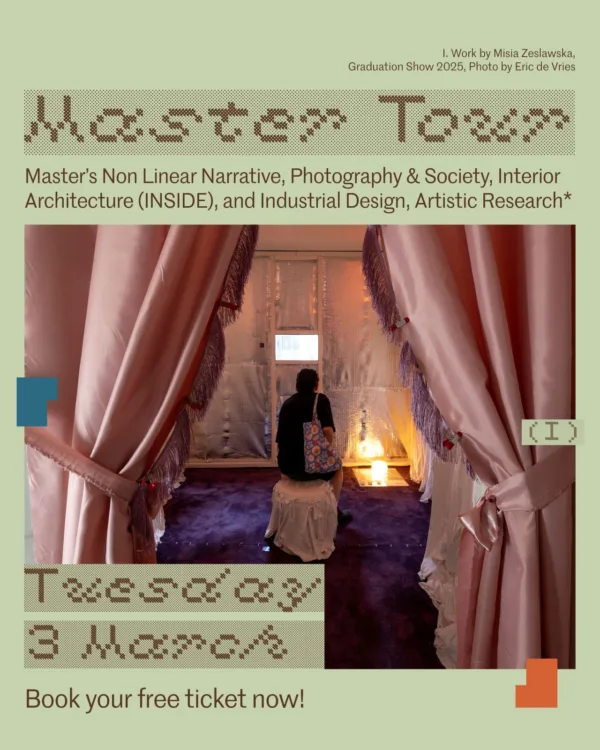Study profile
The two-year Master’s programme in Photography & Society at KABK educates socially-conscious photographers who are passionate to engage with today’s technological, political, environmental, and social issues.
At the core of this programme is the art of image-making, but we also encourage you to look beyond the lens. You will be challenged to use photography as a tool for global conversation, helping to shape and reflect the relationship between images and society. These demands can only be met if photographers are educated in how photographs are created, presented, discussed, used, and documented.
As a student in Photography & Society, you will learn to master every aspect of the photographic process, from concept to creation, and presentation in innovative, often unconventional forms. Our approach equips you to navigate the entire distribution chain, ensuring your work resonates in both artistic and social contexts.
Discover how our students, faculty, and department head explain the transformative experience of the Master’s in Photography & Society in the video below.
Specifications
Degree
Master of Arts
Duration
2 years full-time
Study load
Start date
September
Costs
Department Head
Application deadlines
Language
English-taught programme
(English level required)
Programme / CROHO
M Master of Arts in Fine Art & Design / 49114
Why choose this study at KABK
- The Master Photography & Society programme is built around three fundamental values that place photography at the heart of understanding our role in today’s ever-changing world: collaboration, research and impact.
- While image-making is at the core of the program, we encourage you to explore beyond traditional photographic practices.
- Located in The Hague, the programme offers you close proximity to key global, national, and local organisations.
- You have the opportunity to engage with major civic and corporate players, enhancing your work's relevance and impact.
Is this study for you?
- You are a master of the distribution chain, seamlessly moving from concept to creation, presentation, and innovative forms of distribution.
- You are able to analyse contemporary society and you dive deep into societal shifts and the professional field to redefine the meaning of modern image-making.
- You have a desire to research and experiment and you embrace curiosity, question your work, and remain open to new ideas and unexpected input.
- You like collaborating but also to work independently as a researcher, focused on creating meaningful impact.
Department publications
More about Parts Unknown (2020)



